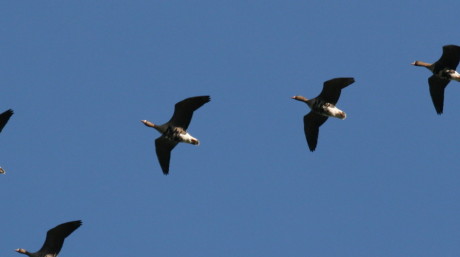 News
News
Wetland and waterbird scientist Hugh Boyd passes on
It is with great sadness that we learnt of the passing of Hugh Boyd, aged 91. Boyd was a pioneering waterbird and wetland conservationist and […]
We safeguard and restore wetlands for people and nature
 News
News
It is with great sadness that we learnt of the passing of Hugh Boyd, aged 91. Boyd was a pioneering waterbird and wetland conservationist and […]
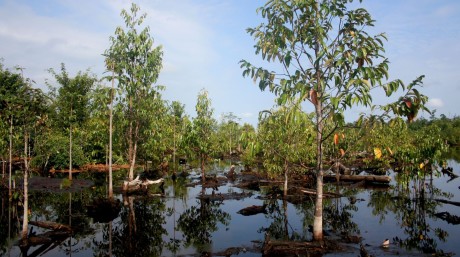 Publication
Publication
This briefing launched by 11 NGOs contains an analysis of the reasons ‘Why LULUCF cannot ensure that bioenergy reduces emissions’ and a series of recommendations to […]
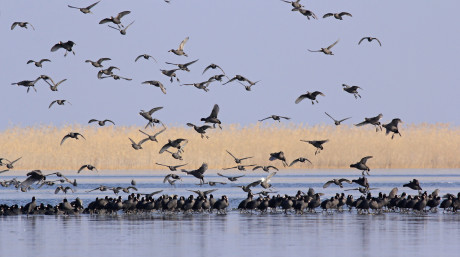 Page
Page
The African-Eurasian Waterbird Monitoring Partnership is a coalition of 80+ organisations involved in waterbird monitoring and management. The Partnership supports the development of national monitoring […]
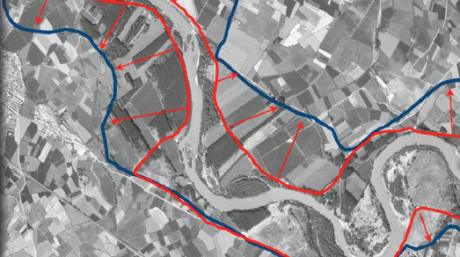 Publication
Publication
This technical note on river restoration explores the concept of Fluvial Territory as a space of sufficient width and continuity to retain or regain the […]
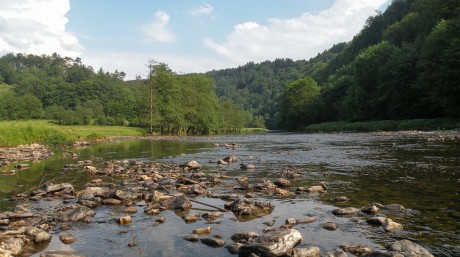 Publication
Publication
Technical note on river restoration This technical notes on river restoration explores the concept of sinuosity. Sinuosity is used to define the degree of meandering […]
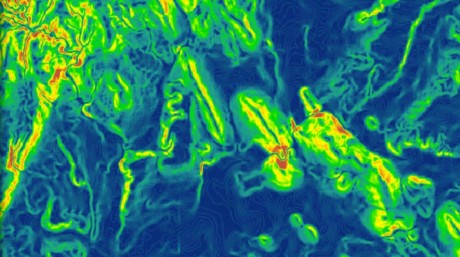 Publication
Publication
Technical note on river restoration This technical note on river restoration adresses the calculation of river channel gradients using Geographic Information Systems (GIS). The channel […]
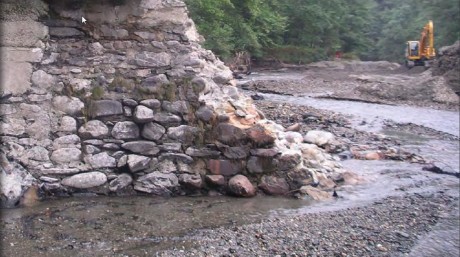 Publication
Publication
Technical note on river restoration This technical note explores the concept of river restoration, addressing it as a process to re-establish or recover a natural […]
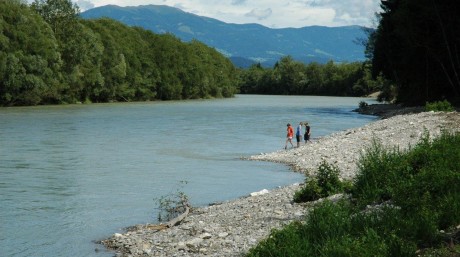 Publication
Publication
Technical note on river restoration This technical note on river restoration discusses how hydrological restoration should be incorporated in river restoration, and which are the […]
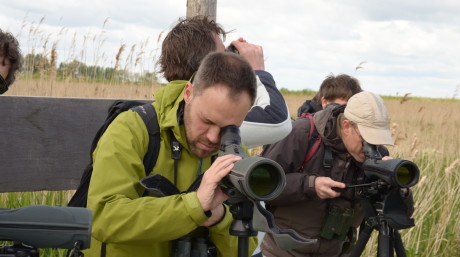 Page
Page
Since 1967, we have coordinated the International Waterbird Census (IWC), one of the largest and longest running citizen-based global waterbird count in the world. Data from the census helps identify and manage important wetland sites and supports the adaptive management of waterbird populations. The African-Eurasian Waterbird Census (AEWC) is a regional programme of the IWC, covering all of Africa, Europe and large parts of South-West and Central Asia.
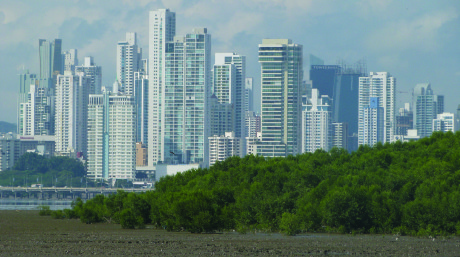 Publication
Publication
Hasty, business-as-usual solutions to managing disaster risks in expanding coastal cities can undermine sustainable development and actually put people, urban infrastructure and valuable land at greater risk. Integrated Risk […]